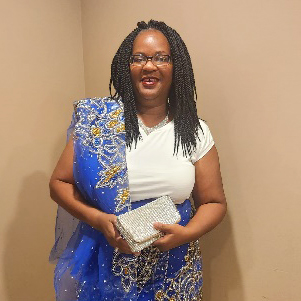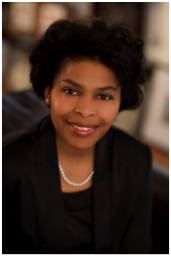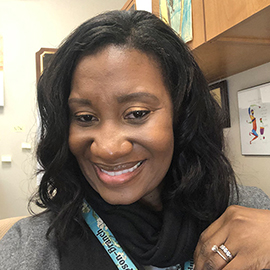
Featuring a member of Caribbean Medical Mission Maleka Robinson DNP, MSN, BSN, RN and her Daughter Marcella Garner DNP, FNP, CCRN.
First Black-Owned, Mother-Daughter Medical Center in Essex County, New Jersey.
Maleka Robinson was born on February 25, 1974, in Newark, New Jersey. She is the mother of Dr Marcella Garner DNP, FNP-BC, and Monica Robinson. Growing up in Newark was not easy. Her life was further complicated when she had her daughter young. Maleka brought her daughter to Barringer High School to attend their in-school daycare. She was determined not to become a High School dropout. Her daughter Dr Marcella watched how hard she worked to run from poverty and developed the same perseverance.
In 2018, Maleka started at Morristown Medical Center (MMC) as an acute care hospitalist and was awarded the 2020 Advance Nurse Practitioner Award at MMC. Maleka has worked in various healthcare positions from bedside nursing to where she is today. She has been on many medical missions worldwide to help the less fortunate. Maleka continues to give back to her community by precepting and allowing many students to come to MGM Medical Center for internships. In 2024, Maleka entered the political world when she was elected as an East Orange district leader. She would have never dreamed of being in the GYN, she started performing pap smears in 2023 to address the women who have not had a pap smear in years because they preferred a female provider.
Today this dynamic duo, Dr Maleka & Dr Marcella, are the proud owners of MGM Medical Center in East Orange, NJ. Dr Maleka & Dr Marcella work together to better the lives of people in their community. MGM Medical Center is the first Black-Owned, Mother-Daughter Medical Center in Essex County, New Jersey. MGM's focuses are Primary Care, Preventative Screening, and management of chronic diseases. Their office offers routine check-ups, in-office labs, in-office electrocardiograms (EKGs), electronic medical records, and electronic prescribing. The LGBTQ+ community is also welcome. Together, they have over 20 years of Acute Hospital Care experience, giving them the expertise to care for the community's healthcare needs. They can be seen around the community at different events spreading the word on how important preventive and early detection is.
Anyone who knows Dr Maleka will say, "She has never changed. She loves to help people, Loves God, and will put the devil in his place".
 |
 |
 |





